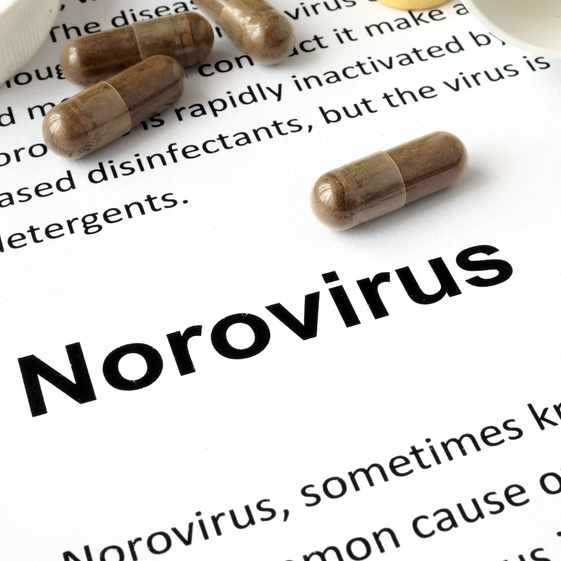-
Children's Center
Consumer Health: Kids and swimming safety

Healthy and Safe Swimming Week will be observed May 23–29, which makes this a good time to learn more about keeping kids safe around the water.
For many people, the hot summer days are often spent swimming at a lake or pool. But before you help your child suit up, it's important to consider some safety tips.
Swimming after eating
The old saying about waiting an hour after eating before swimming isn't entirely true. It's OK to swim immediately after a light meal or snack. If your child feels lethargic after eating a heavy meal, however, encourage a break before swimming.
Swimming lessons
Many kids learn to ride a bike and to swim on their own at the same age — often the summer before kindergarten. The American Academy of Pediatrics supports swimming lessons for most children 4 and older.
If you enroll a child younger than 4 in a swimming program, pick one that requires parental involvement, has qualified teachers and a fun atmosphere, and involves a limited number of underwater submersions. This will limit the amount of water your child might swallow.
Can children swim when they're sick?
It's fine for children who have colds or other minor illnesses to swim so long as they feel well enough to do so. Your child should stay out of the water if experiencing diarrhea, vomiting or fever, or if diagnosed with an infectious illness. It's OK for children to swim with cuts and scrapes, as long as the wounds aren't bleeding.
Swimming and ear tubes
Ask your child's health care professional about ear protection during swimming if your child has ear tubes. Some recommend that children who have ear tubes wear earplugs while swimming to prevent bacteria from entering the middle ear. However, routine use of earplugs might only be needed when children dive or swim in untreated water, such as lakes and rivers.
Preventing swimmer's ear
Swimmer's ear, or otitis externa, is an infection in the outer ear canal that's often brought on by water that remains in your ear, creating a moist environment that helps bacteria grow. Swimmer's ear often is treated with prescription eardrops.
To prevent swimmer's ear:
- Keep ears dry.
Encourage your child to wear earplugs while swimming. After swimming, dry your child's ears by wiping the outer ears gently with a soft towel or use a hair dryer. Put the hair dryer on the lowest setting, holding it at least 1 foot away from the ear. - Use an at-home preventive treatment.
As long as your child doesn't have punctured eardrums, use homemade preventive eardrops before and after swimming. A mixture of one part white vinegar to one part rubbing alcohol might promote drying and prevent the bacteria and fungi that can cause swimmer's ear from growing. Pour 1 teaspoon of the solution into each ear and let it drain back out. Similar over-the-counter solutions might be available at your drugstore. - Avoid putting foreign objects in your child's ear.
Cotton swabs can pack material deeper into the ear canal, irritate the thin skin inside the ear or break the skin. If you are trying to clean the ear and remove wax, do so without using cotton swabs or other instruments. And encourage children to keep their fingers and objects out of their ears.
Learn more about keeping your children safe around the water, and connect with others talking about parenting in the About Kids & Teens support group on Mayo Clinic Connect, an online patient community moderated by Mayo Clinic.
Related Articles







